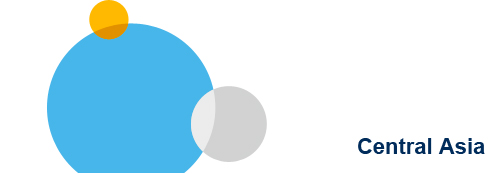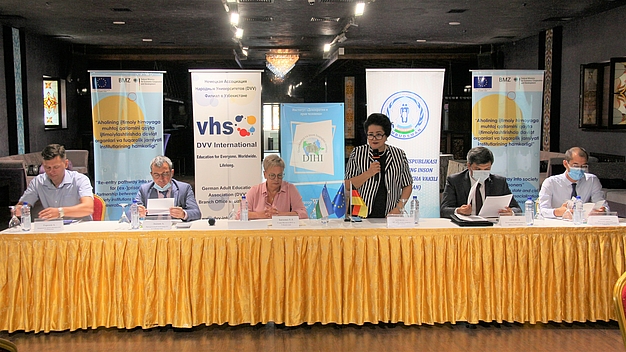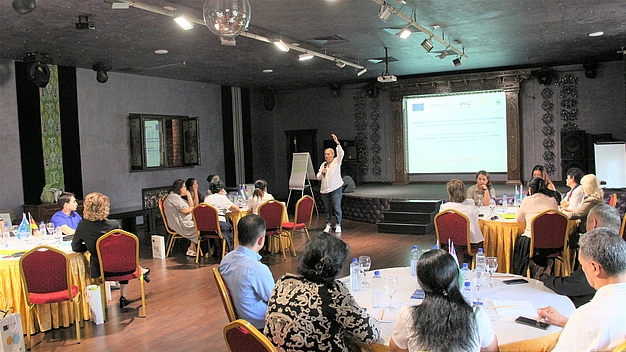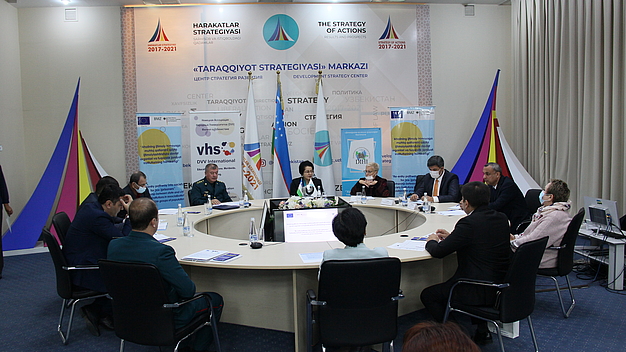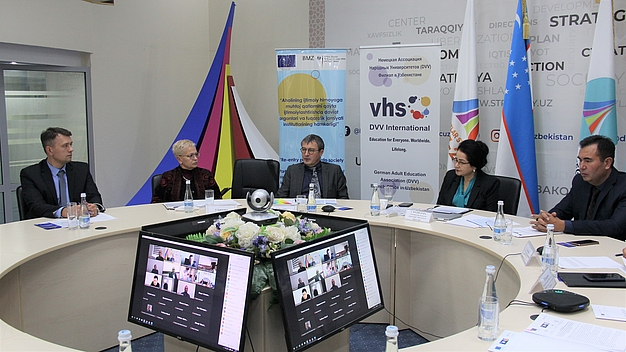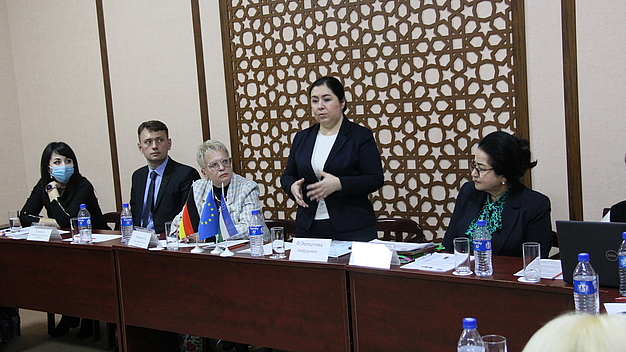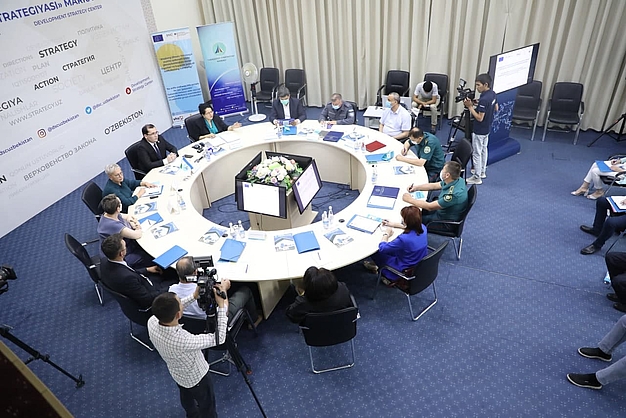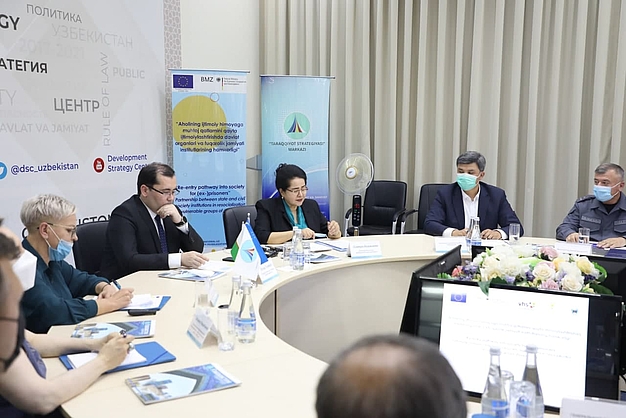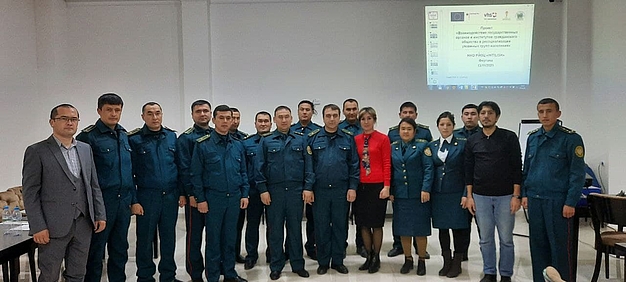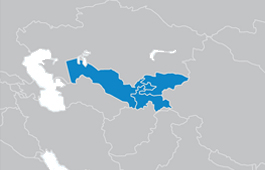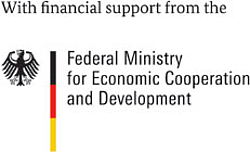DVV International Uzbekistan implements the project “Re-entry pathway into society for (ex-)prisoners”. The project is implemented with financial support from the European Union and Federal Ministry for Economic Cooperation and Development (BMZ) jointly with NGO’s Republican informational educational centre “INTILISH” and NGO “Institute for Democracy and Human Rights”.
The project goal:
Strengthening the capacity of civil society organizations to protect the social, economic and cultural rights of vulnerable groups – (ex-)prisoners, through establishment of social partnerships, cooperation with government agencies and provision of adapted services to target groups.
Target groups:
- (ex-)prisoners from Tashkent city and Tashkent region;
- staff members of partner NGOs;
- NGO working with vulnerable groups;
- members of state and non-state stakeholders’ staff;
- penitentiary system staff;
- staff members of probation service and employees of the Main Directorate for the Execution of Sentences of the Ministry of the Interior;
- teachers working with prisoners.
Expected results:
• access to effective and high-quality educational and additional services for ex-/prisoners;
• capacity building and networking of civil society organizations and government agencies;
• creation of platforms for discussion and development of cooperation for policy discussion, recommendations and raising awareness of the general public.
The project includes activities aimed at building the capacity of civil society organizations, prison staff and the Probation Service, stakeholders involved. Equipping classrooms in the women's colony with modern equipment and furniture, where training for convicts will be organized, courses on vocational training and personal growth, general education programs, training in healthy lifestyles and business planning, consultations on social, legal and medical issues for convicts and those released will contribute to the successful reintegration of representatives of this target group into society and the protection of their rights.
The project has a flexible strategy for implementing the planned activities, which provides for alternative ways of implementation in case of restrictions due to quarantine measures because of the spread of coronavirus.

